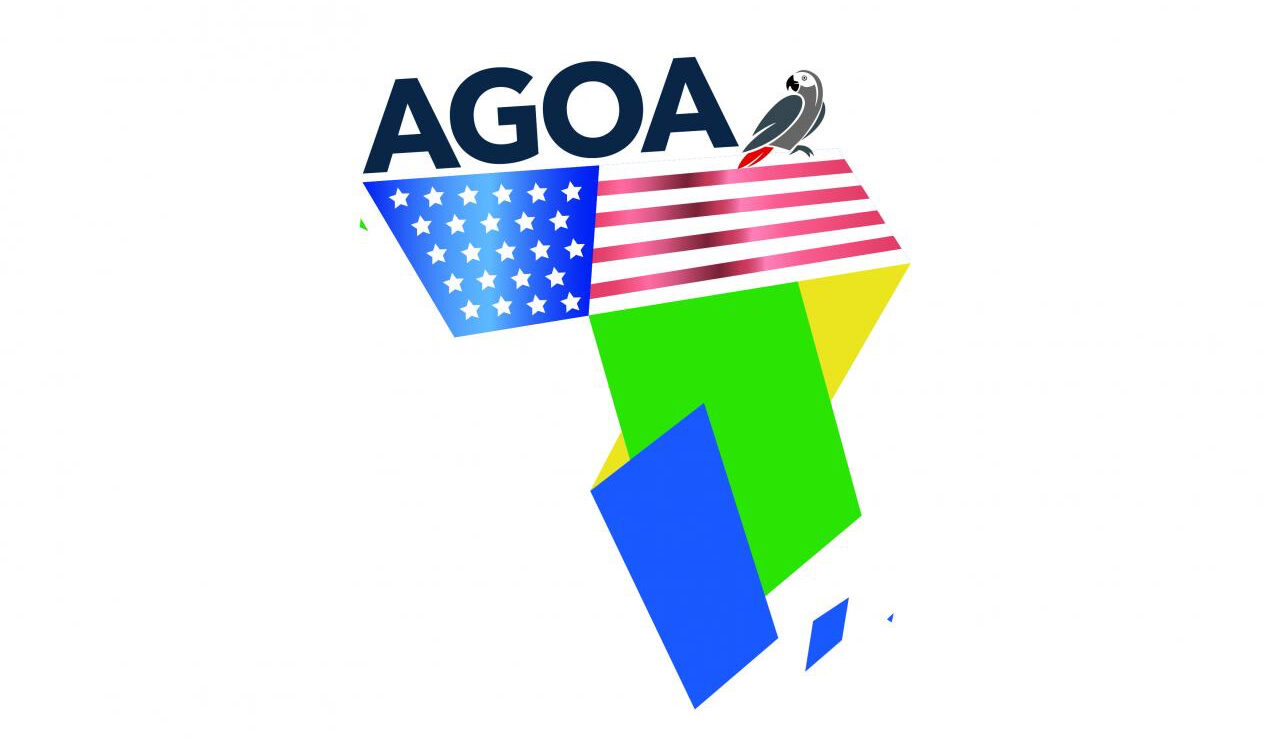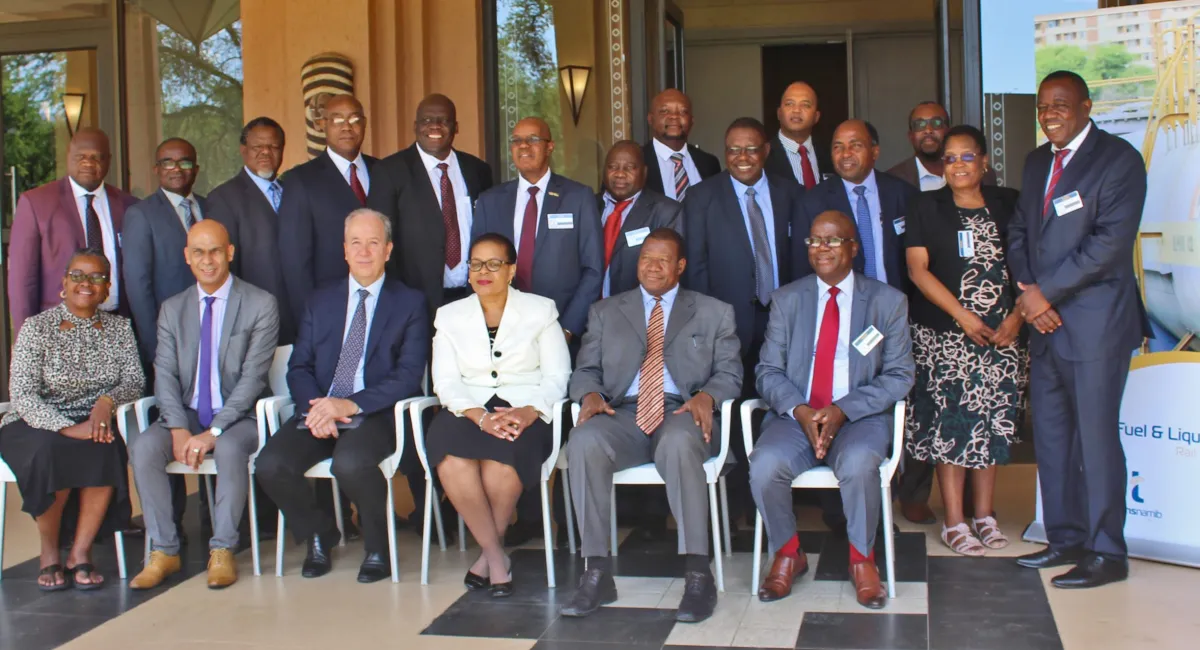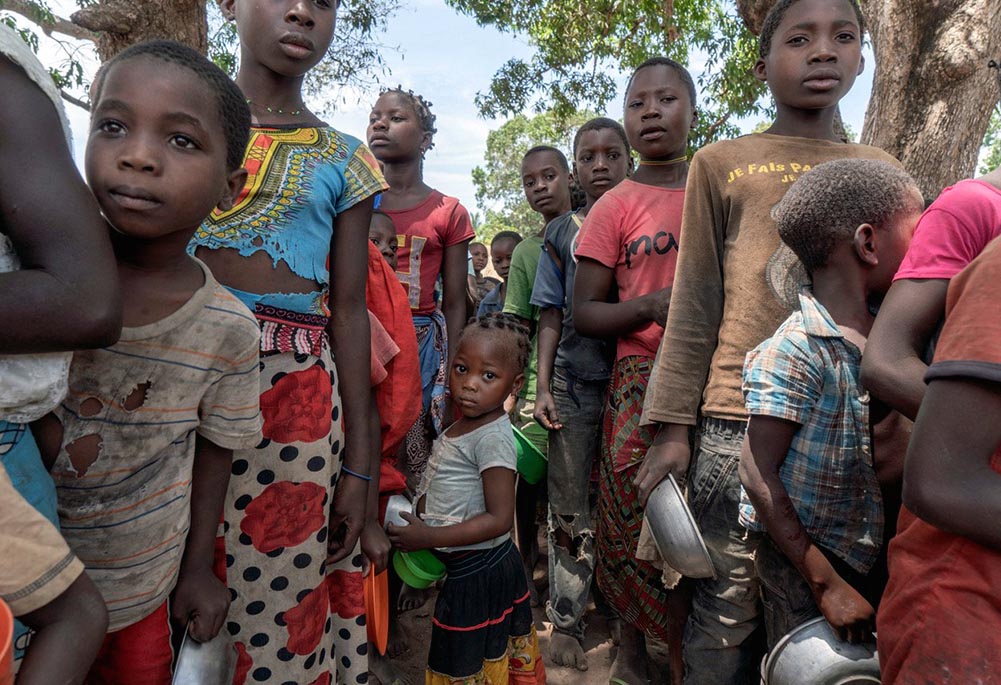As the expiration of the Africa Growth and Opportunity Act (Agoa) approaches in September, former US ambassador to Kenya, Kyle McCarter, has cast doubt on the deal’s renewal, citing its unfavorable terms for the United States.
McCarter, who served under the Trump administration, expressed skepticism about the prospects of extending Agoa through the HR 10366-Agoa Extension and Enhancement Act of 2024, suggesting that the new administration would likely drop the proposal, as “Agoa is a one-sided agreement and is set to the benefit of Kenya and not the US.” Agoa, established in 2000, has allowed sub-Saharan African countries to export goods duty-free to the US, benefiting industries like Kenya’s apparel sector. However, critics, such as Anthony Mwangi, former CEO of Kenya Association of Manufacturers, argue that the deal, while promoting exports, has not maximized its potential for African economies. Kenya, for example, has used less than six of the 6,000 tariff lines available under the agreement, limiting its ability to fully capitalize on the arrangement.
The Trump administration’s “America First” policy, which prioritizes reciprocity in trade agreements, adds to the uncertainty. “You can’t classify Agoa as a reciprocal trade and it’s been very clear from President Trump that every arrangement is going to be a win-win,” McCarter added. His remarks suggest that the US may move towards bilateral trade deals that favor mutual benefits, potentially leaving Agoa behind. As African nations grapple with these shifting trade dynamics, the future of Agoa remains unclear, with some, like South Africa, even considering exiting the program on their own terms. As the deadline draws near, African countries, particularly in sectors dependent on US access, face a critical period of negotiation and adjustment.



